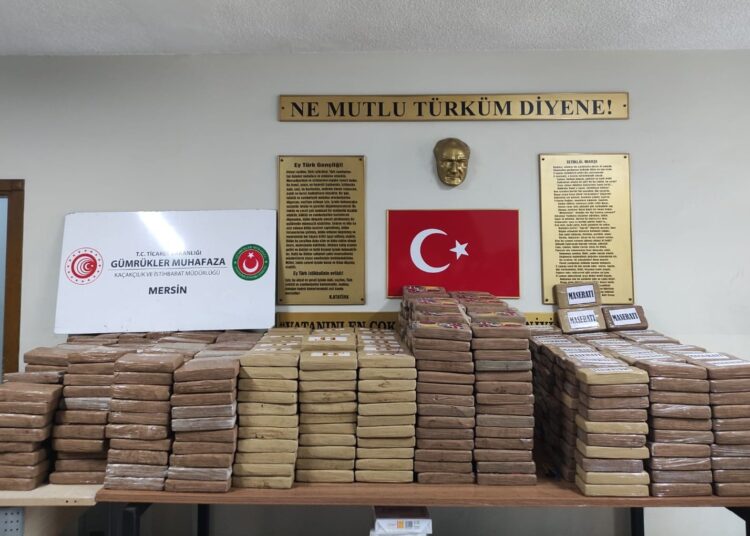Levent Kenez/Stockholm
Once promoted as a democratic model for the Muslim world, Turkey has become a major hub for organized crime and international drug trafficking as its political system has grown more authoritarian, according to a report by the German Institute for Global and Area Studies (GIGA).
The study, written by political scientist Hakkı Taş and published in October, describes what it calls Turkey’s “narco-authoritarian turn,” in which criminal networks, political repression and corruption reinforce one another. Taş says the ruling alliance between President Recep Tayyip Erdogan’s Justice and Development Party (AKP) and the far-right Nationalist Movement Party(MHP) has erased the boundary between state institutions and the criminal underworld.
The report opens with the January 2025 killing of 14-year-old Mattia Ahmet Minguzzi at a market in Istanbul, a murder that shocked the country. The boy’s family later faced intimidation from a gang known as the Daltonlar until well-known mob boss Sedat Peker intervened publicly on their behalf. The episode, Taş wrote, illustrated how organized crime in today’s Turkey operates openly and often wields more practical power than official institutions.
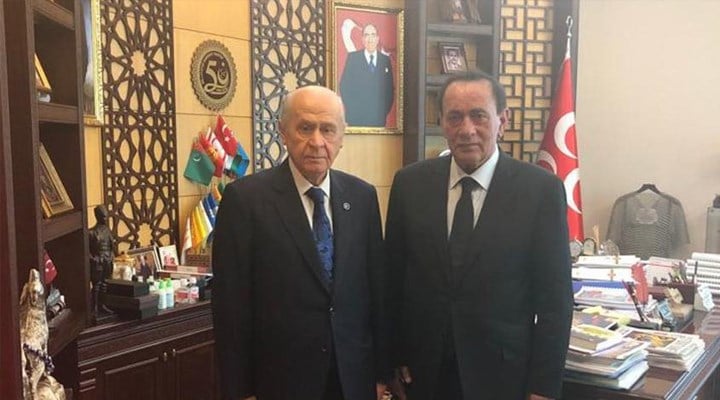
GIGA’s findings suggest that Turkey has moved beyond being a transit point for narcotics and is now an active broker in the flow of South American cocaine to Europe. Data from the United Nations Office on Drugs and Crime show cocaine seizures in Turkey have multiplied sevenfold since 2014, climbing from small quantities to several tons a year. The report says Turkish criminal groups cooperate directly with cartels in Mexico and Colombia and that domestic laboratories now handle chemicals used for heroin and methamphetamine production.
According to Taş, this transformation occurred as political checks and balances weakened under Erdogan’s rule. After the 2016 coup attempt and the 2018 shift to a presidential system, Erdogan further centralized authority in his hands. The report says this allowed authorities to use the judiciary and police selectively, granting impunity to political and criminal allies while targeting opponents.
Turkey’s relationship between the state and organized crime, the study notes, predates the current government but deepened after 2013, when a major corruption scandal revealed illegal gold-for-oil deals with Iran. Instead of accountability, prosecutors were dismissed and investigations halted. The episode marked the start of a period in which criminal networks became embedded in state structures.
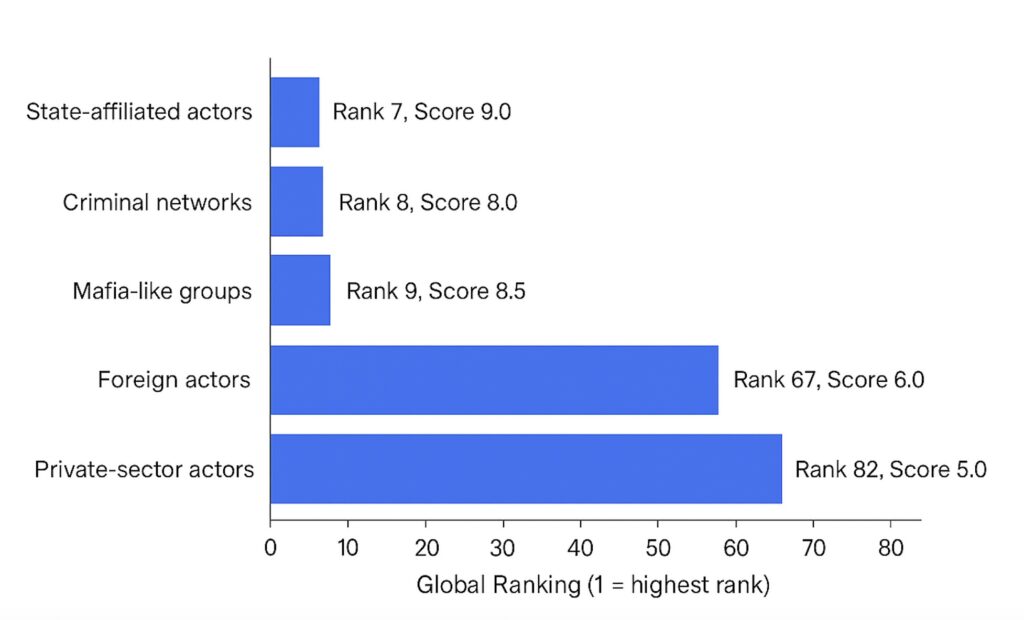
In 2018 Erdogan formalized a partnership with nationalist leader Devlet Bahçeli, securing parliamentary dominance while also, the report says, restoring influence to notorious crime figures. One such case was Bahçeli’s support for the 2020 release of mob boss Alaattin Çakıcı, who was freed under a COVID-era amnesty regulation. Çakıcı, convicted of murder and extortion, later endorsed the ruling coalition.
The study points to former interior minister Süleyman Soylu as an example of the overlap between politics and the underworld. He resigned in 2023 after corruption allegations were leveled against him. During his time in office, prosecutors dropped dozens of cases against crime leader Ayhan Bora Kaplan, who faced accusations of drug trafficking and extortion. Only after Soylu’s departure did authorities move against Kaplan, whose businesses had reportedly received loans from a state bank.
Taş writes that mafia figures have at times served as informal enforcers for the government. Sedat Peker, once a loyal supporter of the ruling party, held campaign rallies for the AKP in 2015 and later threatened opposition academics who signed a petition urging a peaceful resolution to the decades-long conflict between the state and the outlawed Kurdistan Workers’ Party (PKK). Courts treated his statements as protected speech.
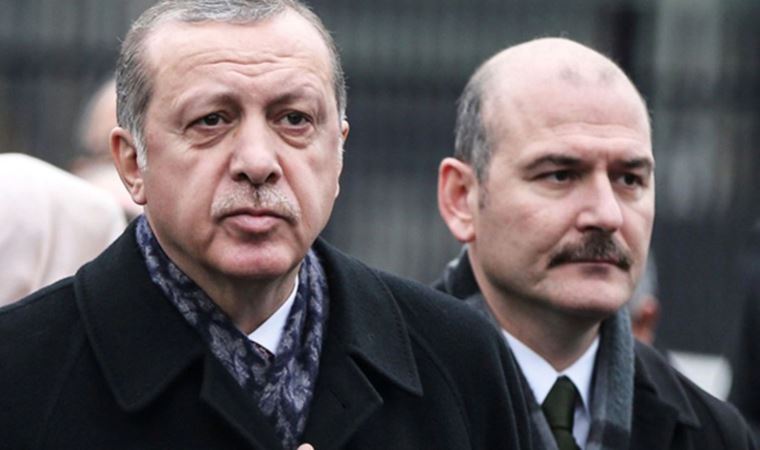
Beyond national politics, the report says Turkey’s criminal networks have spread across Europe. Europol has identified Turkish citizens as central actors in cocaine, cannabis and money-laundering operations in Belgium, the Netherlands and Germany. Italian prosecutors in 2024 arrested Barış Boyun, leader of the Daltonlar gang, linking him to drug production in Bulgaria and several killings in Berlin.
GIGA also describes Turkey as a safe haven for international fugitives. A series of tax amnesties between 2016 and 2023 and a citizenship-by-investment program opened the financial system to unregulated capital. Applicants could obtain Turkish passports through real-estate purchases worth as little as $250,000, a figure later raised to $600,000. The report lists cases of wanted criminals acquiring citizenship, including Swedish-Kurdish gang leader Rawa Majid and Dutch cocaine trafficker Joseph Leijdekkers.
.In 2023 three judges in Istanbul were suspended after allegedly accepting bribes to release associates of Joseph “Bolle Jos” Leijdekkers, a Dutch cocaine trafficker wanted across Europe. Another case cited involved the late Burhan Kuzu, a founding member of the AKP and close associate of Erdogan, accused of pressuring courts to free an Iranian drug trafficker. These examples, the study says, reveal a pattern in which judicial corruption and political interference sustain impunity for organized crime.
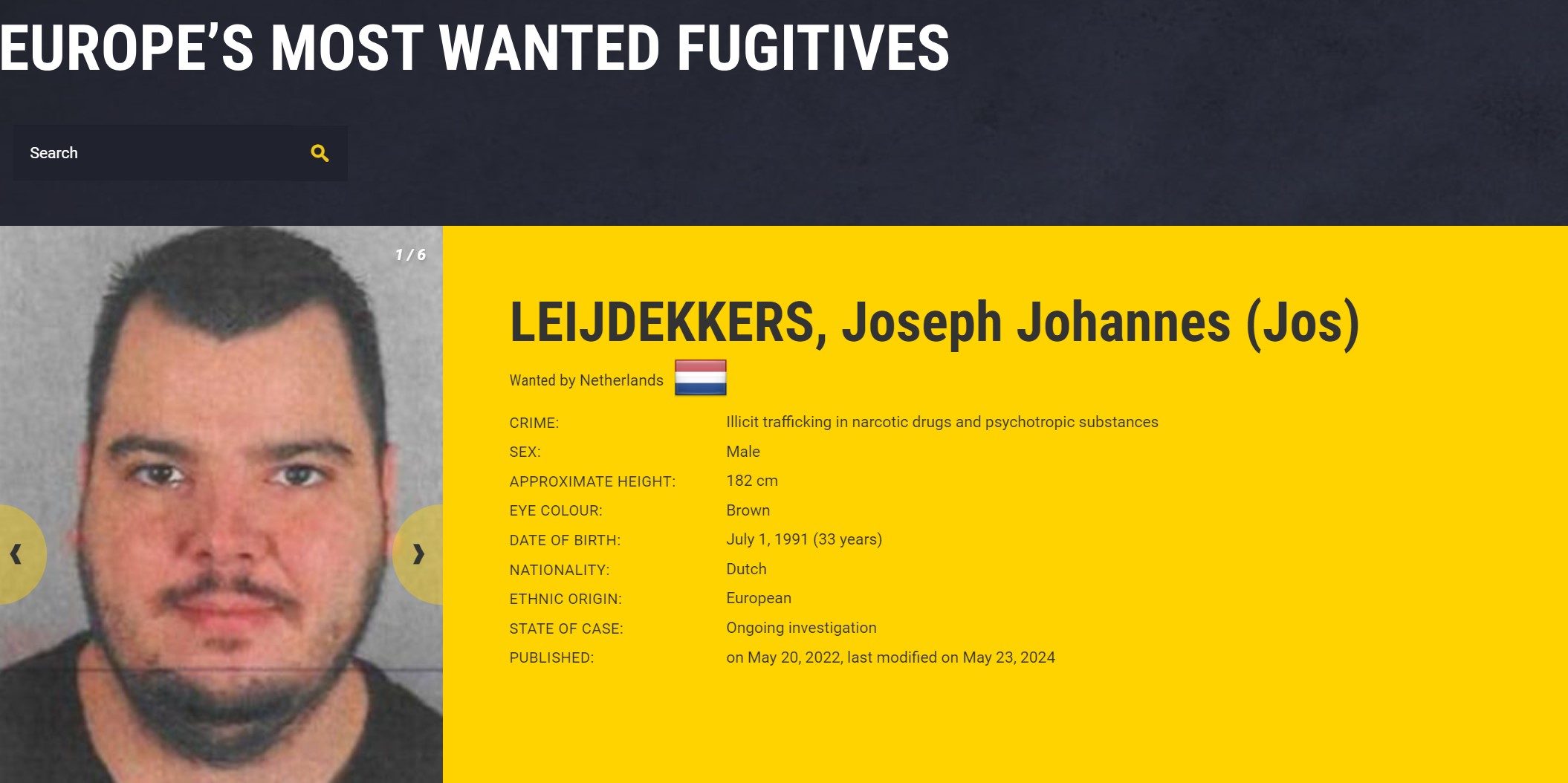
While the government occasionally launches high-profile raids, Taş concludes that law enforcement remains selective and politicized. Patronage, cronyism and shadowy contracting have, according to GIGA, entrenched organized crime within Turkey’s system of governance.
The report also examines the broader economic and geopolitical implications. Istanbul and Antalya have become destinations where Balkan clans, Italian Ndrangheta members, sanctioned Russian oligarchs and Middle Eastern traffickers interact. Taş attributes this influx to Turkey’s need for foreign capital and its deliberate relaxation of financial oversight. The Financial Action Task Force placed Turkey on its “gray list” for money-laundering risks in 2021, and although it was removed three years later, GIGA says the underlying culture of impunity remains unchanged.
The spread of Turkish networks into European markets has raised concerns among law enforcement agencies about the export of criminal instability. Violence linked to turf wars in Istanbul has been mirrored in cities such as Berlin and Barcelona. Europol’s 2024 report described these groups as “poly-criminal” and increasingly involved in financial fraud as well as drug trafficking.
Taş writes that these developments show how authoritarian consolidation and organized crime can reinforce each other. As the state erodes institutional oversight, illicit markets expand and in turn sustain the political order through money and coercion. The report characterizes this cycle as a form of narco-authoritarian governance, in which crime becomes a tool of rule rather than a challenge to it.
For the European Union, GIGA recommends prioritizing judicial independence and financial transparency in relations with Ankara. It calls for stronger cooperation through Europol and Eurojust, joint investigations with Latin American partners to disrupt cocaine routes and long-term support for Turkish civil society and independent journalism.
Taş concludes that authoritarianism and organized crime are interdependent phenomena. The report warns that treating them separately risks underestimating their scale and their impact on European security. In contemporary Turkey, it says, organized crime is not merely tolerated by the state but has become integral to how power functions.

